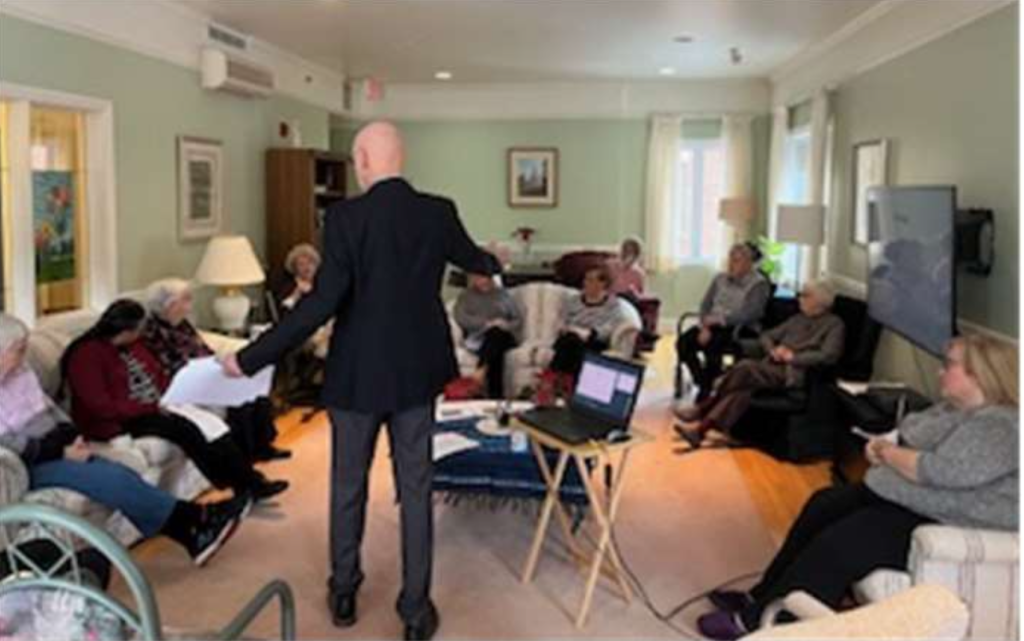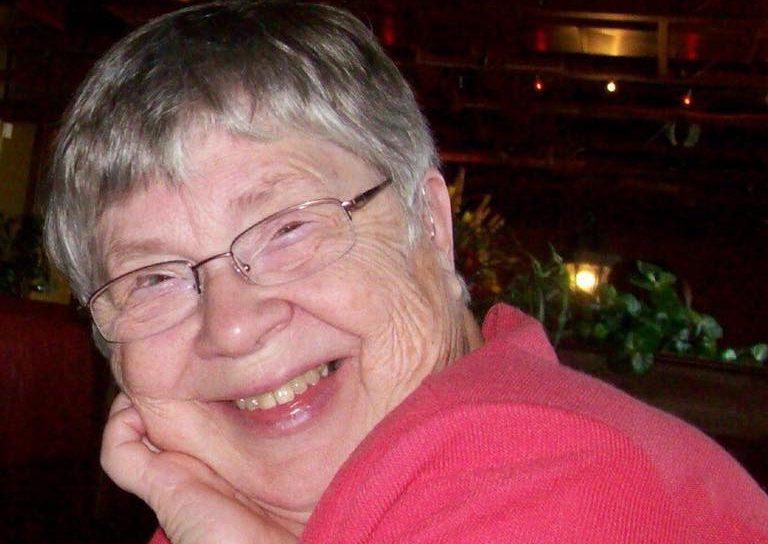News from Visitation Province
20 February World Day of Social Justice 2024
Once every year a message comes forth in a strong and public way of the need for people to think about what is social justice?
Social justice is about fairness; fairness in accessing healthcare, in seeking and securing employment, housing, and human rights without discrimination. Access to resources, equity and equality, participation, diversity, and human rights are named as basic principles of social justice.
Social justice issues are all around us. Racism, gender inequalities, food insecurity, voting rights, the ever-widening income gap, neglect of seniors’ needs and care, limited resources in health care, low literacy levels, a search for affordable housing, to name a few. A general lack of constructive dialogue and unwillingness to work together to find solutions seems to prevail among governments and policy makers at all levels.
Think: food banks, call for clinics, especially outside urban centers, fewer cashiers in stores, fewer tellers in banks, quest for affordable housing (even for persons who have jobs), ongoing struggles by not- for-profit organizations, online shopping squeezing out local business, search for long-term care for seniors, limited public transportation. And now think fairness, equity, and social justice concerns.
The world needs leaders, with imagination, willing to risk new ideas and able to inspire confidence that fairness in society is attainable. Many good people care; many good people are bringing hope and efforts towards that goal.
Eleanor McCloskey, CND for JPIC Committee
CLC: Concerned Lay Catholics, Nurturing Synodality Series
The recording of Father Bill Burke’s excellent presentation can be found here: https://youtu.be/cCtA1dQ2sbs?si=JMiFI7sPhNT6giZ9. His topic was “Why we need a Synod in Canada.”
Father Bill sourced documents from Vatican II, and some since then, to help explain why a synod, now, is appropriate and timely. If others would like to join the Nurturing Synodality series, even if they are coming late, past presentations can still be shared. Each month, a different resource person leads with a presentation, after which participants move into small groups for sharing.
The March 4 presenter will be Mary Ellen Chown on, “Synodality and the Global Movement for Women’s Equality.” To find the link to register, visit https://concernedlaycatholics.ca/
Eleanor McCloskey, CND for JPIC Committee
Spirituality Committee
The Committee offers a book recommendation:
A Different Kind of Fast: Feeding Our True Hungers in Lent, by Christine Valters Paintner.
“Fasting is an act of letting go, of making more internal space to listen to the sacred whispers of our lives.” Join Christine Valters Paintner on a spiritual journey through seven different kinds of fasts, including fasting from control, from our attachments, from our grasping and more.
When we practice these fasts, we can discover unexpected spiritual gifts as well as answers to deeper questions, leading us to ask, “What is my true hunger?”
Joan Lewis, CND for Spirituality Committee
“Until the lions have their own historians, the history of the hunt will always glorify the hunter” – Chimua Achebe
I am sure this quote piqued your interest. On the Feast of Nuestra Señora de Suyapa, Patroness of Honduras, Carl and Peg led the Montréal associates and sisters in an abridged version of the Anti-Racism Workshop offered by Pr. Jeanne-Marie Rugira last year as part of the Visitation Province’s project on Interculturality, Discrimination, Racism and Colonialism. Our two-hour session was broken down into three parts: awareness, historical consciousness, and privileges. Throughout the session, we were invited to reflect on some pretty hard questions. I was particularly struck by the wheel of privilege and power. Suffice it to say that power is at the very centre of the wheel. The simple things we take for granted: being white, educated, neurotypical and owning property puts one at the centre of the wheel. The more privileges, the more power and the opposite is also true. Less privilege equates to having less power. Glad to pursue the conversation at the CND Forum in August.
Charles Taker, Associate

